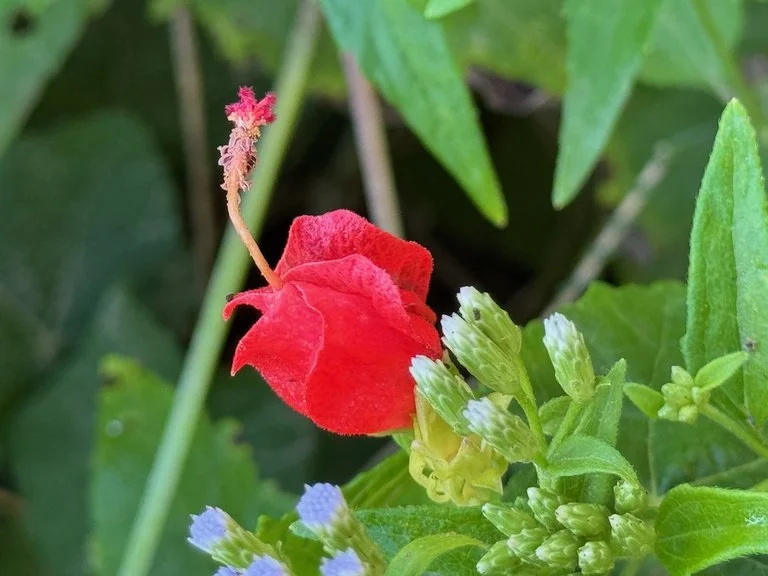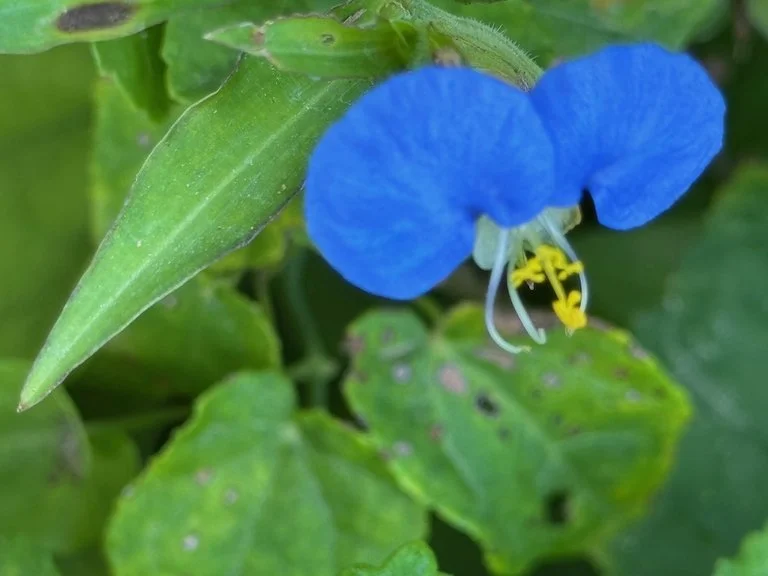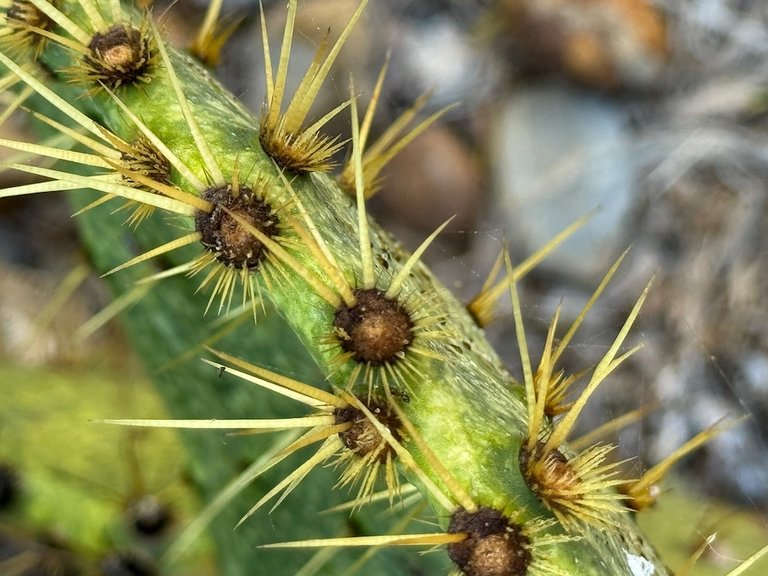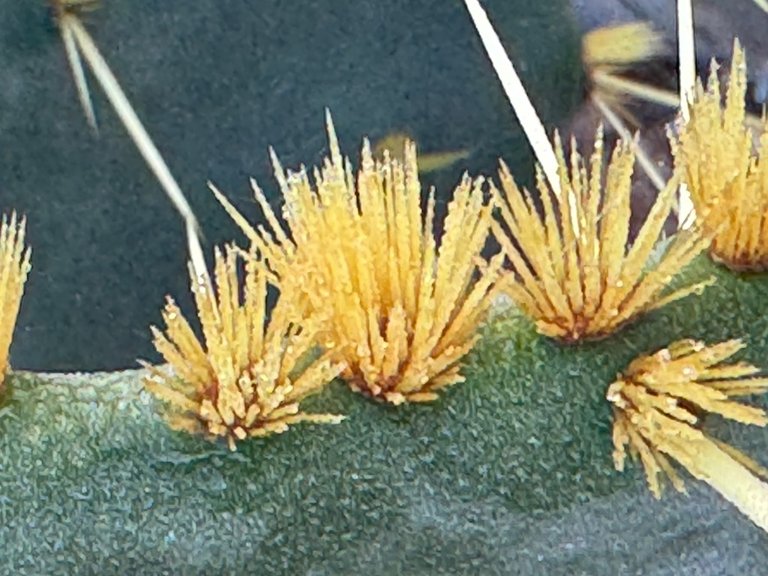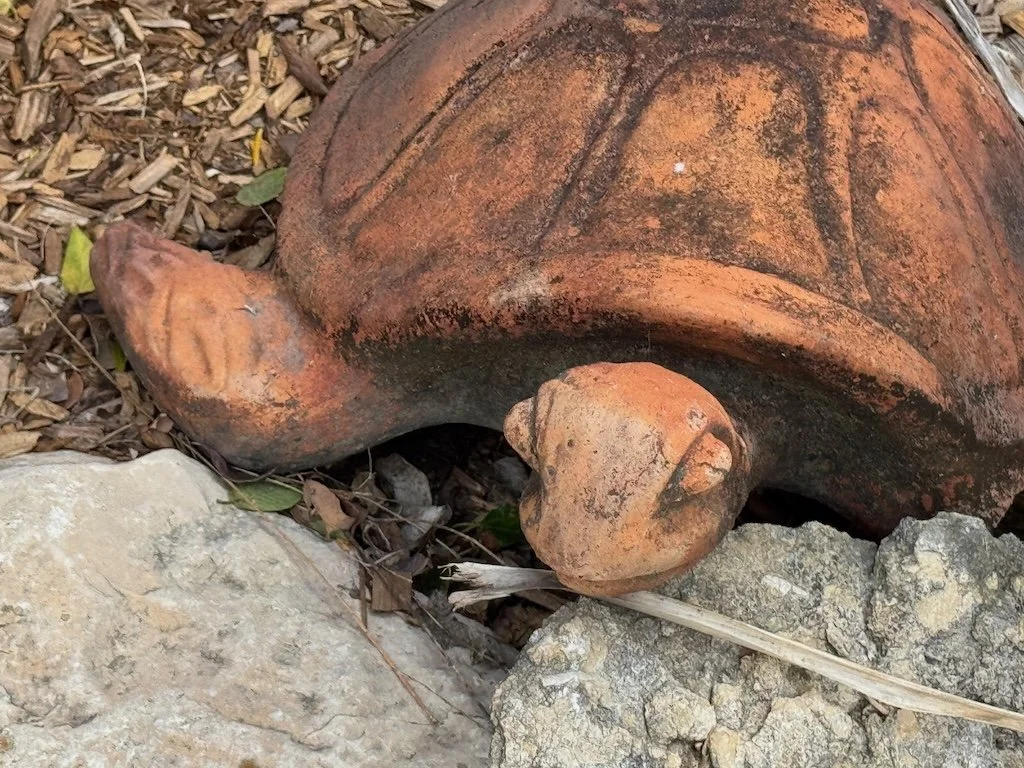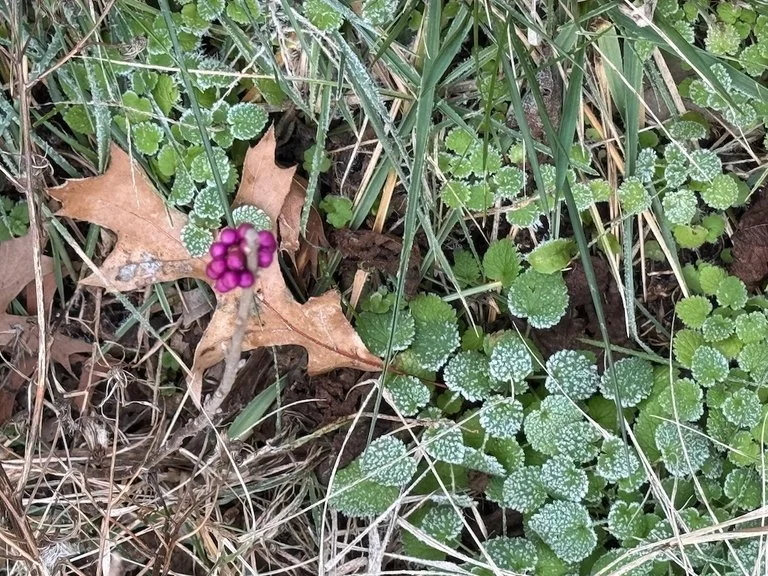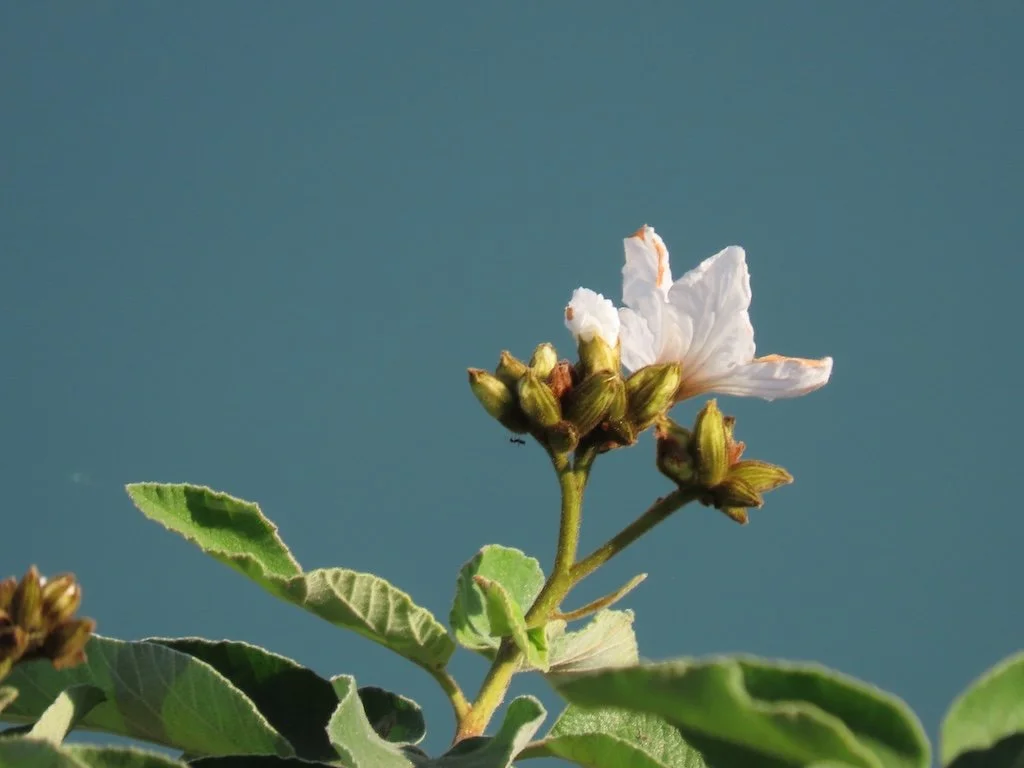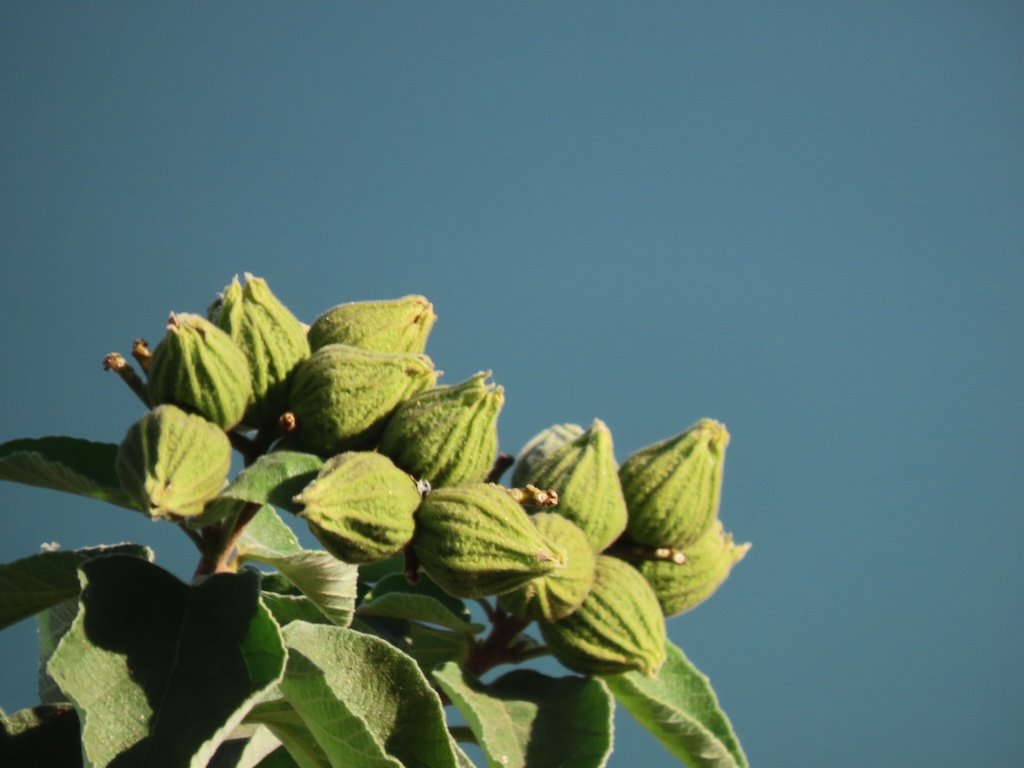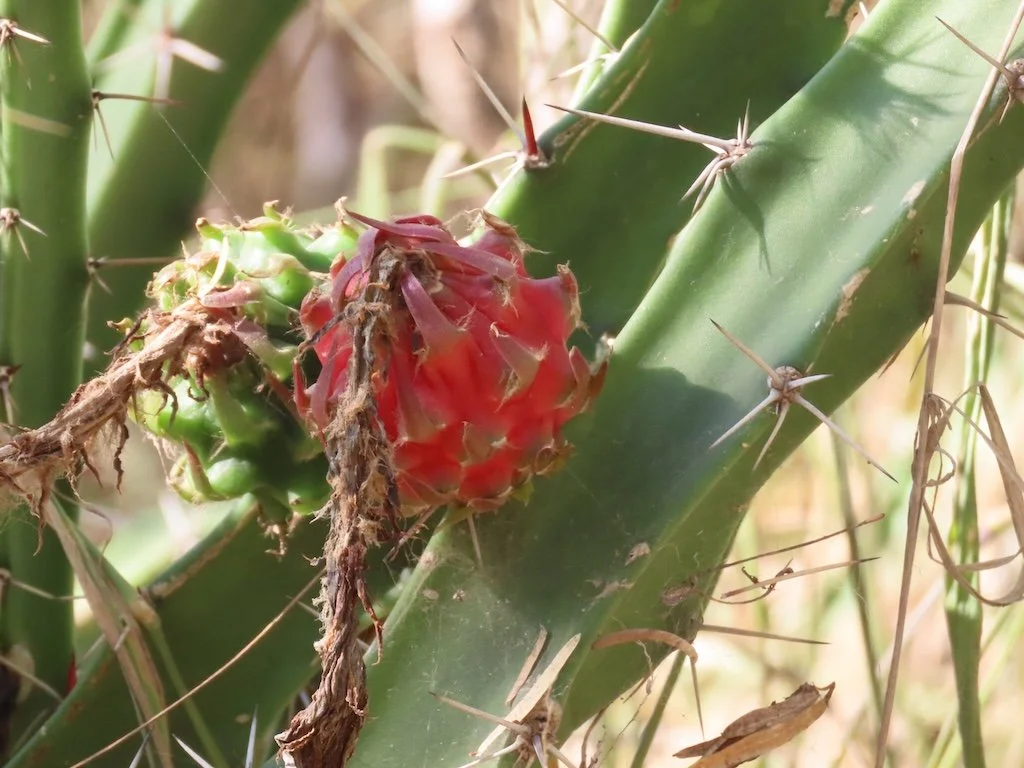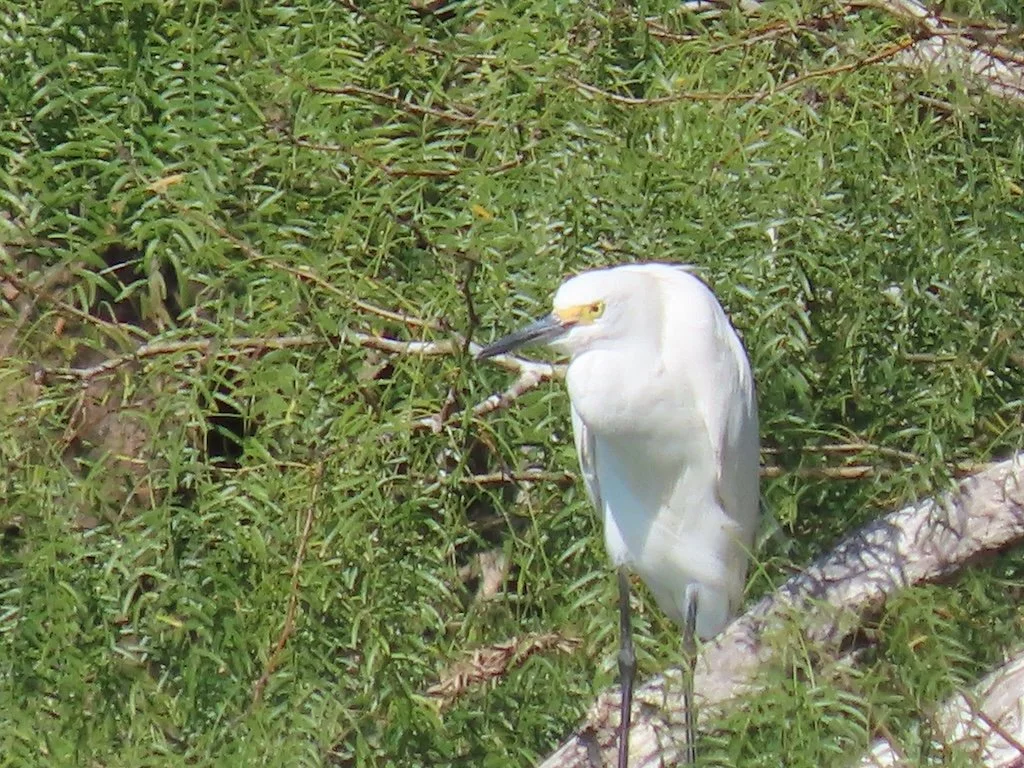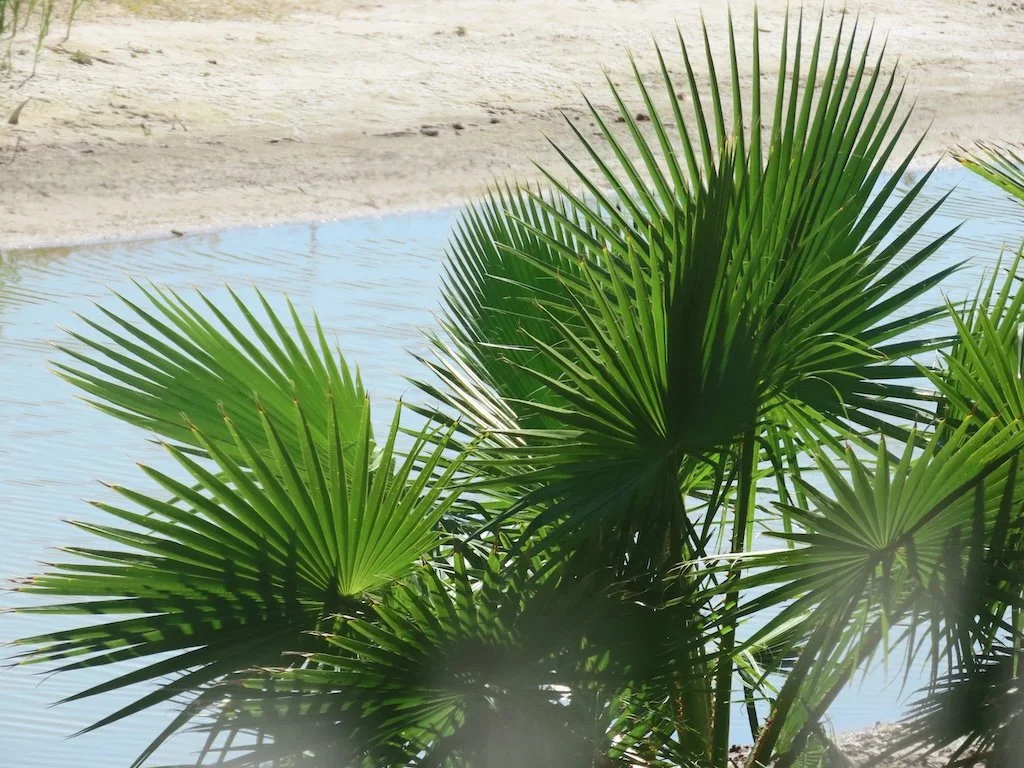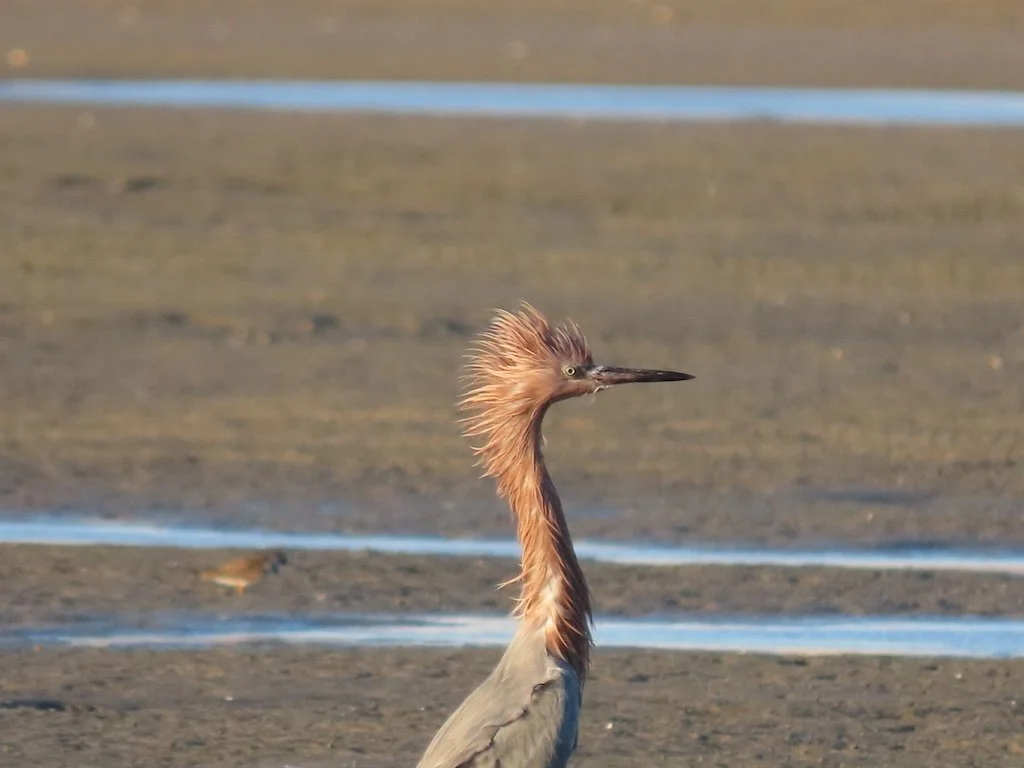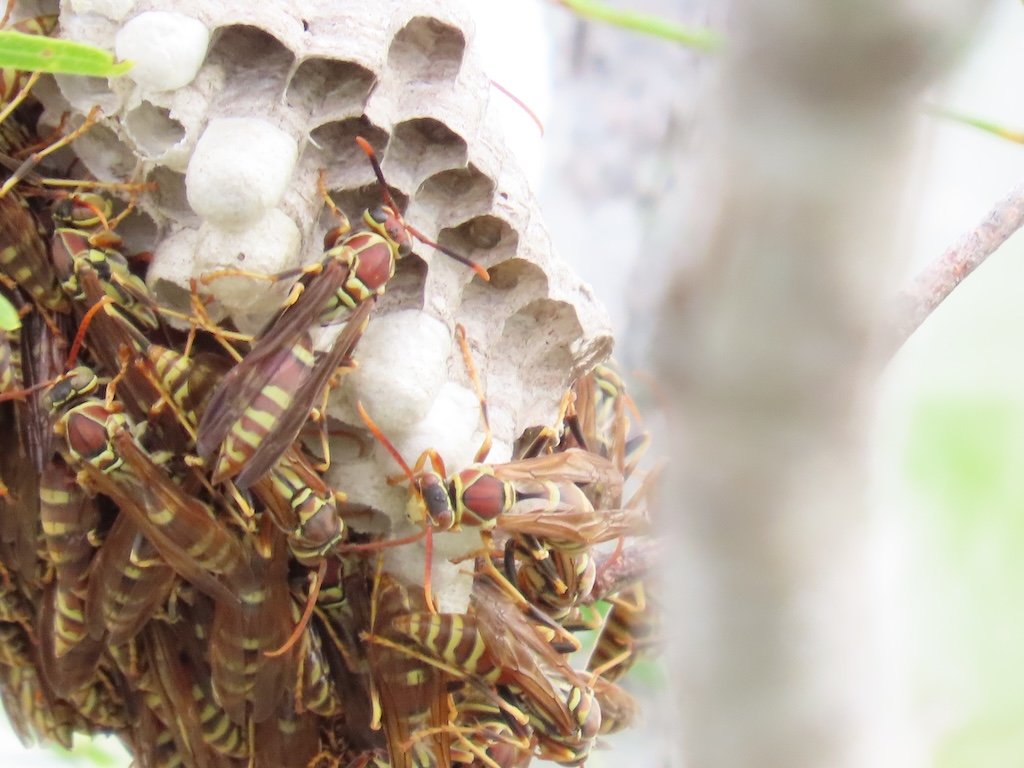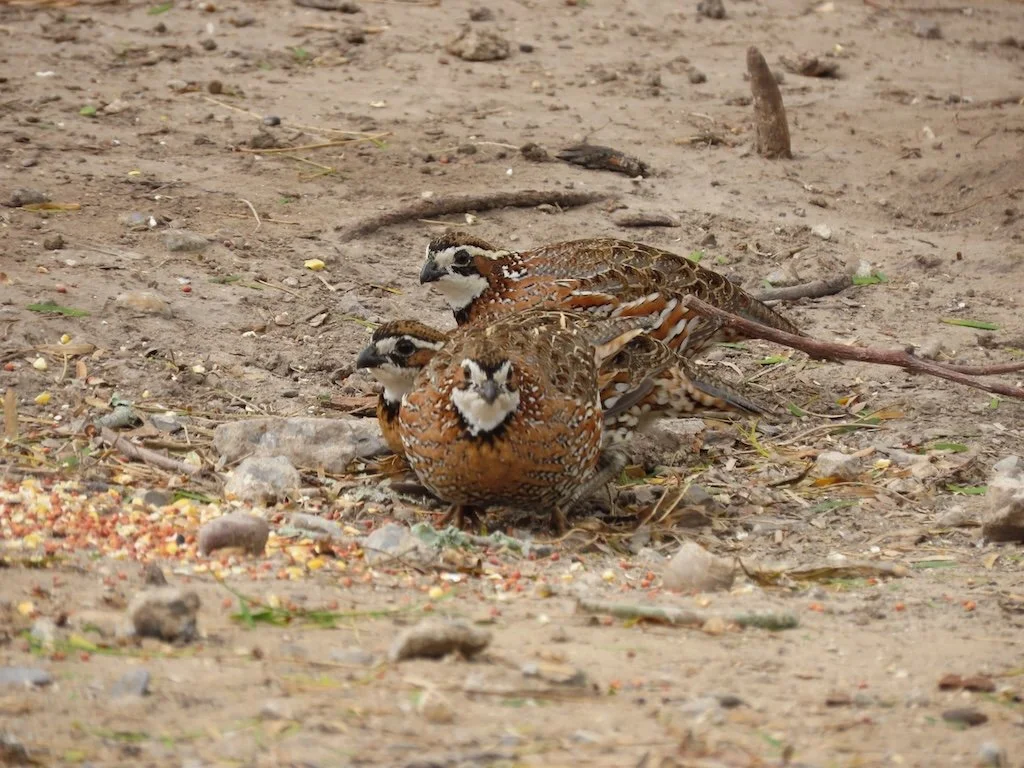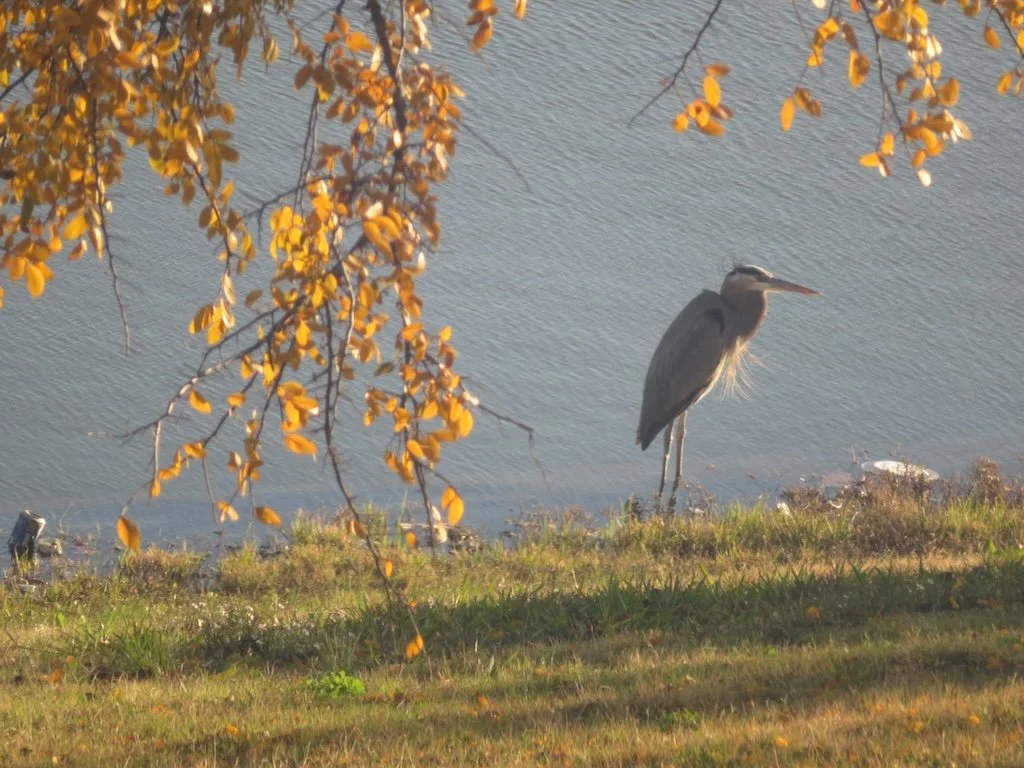Gleanings of the Week Ending September 6, 2025
/The items below were ‘the cream’ of the articles and websites I found this past week. Click on the light green text to look at the article.
Too much salt can hijack your brain – In a study using rats, researchers showed that a high-salt diet activated immune cells in a specific brain region, causing inflammation and a surge in the hormone vasopressin, which raises blood pressure. Researchers tracked these changes using cutting-edge brain imaging and lab techniques that only recently became available.
Two-Thirds of River Trash Is Plastic - Recent research conducted at the University of California–Santa Barbara found that rivers have far too much plastic in them. 1.95 million metric tons of plastic — the weight of 5.3 Empire State buildings — travels down rivers worldwide every year. It comes from littering, illegal dumping, leakage from landfills…and is mobilized across landscapes, through urban drainages, and into waterways by wind and rains. And it isn’t harmless. Microplastic in rivers accumulates in food sources, and direct exposure via inhalation and consumption of water leads to direct accumulation in our bodies. Macroplastic in rivers affects our infrastructure and communities by blocking drainages, exacerbating flood risk and damage, and negatively affecting tourism, fisheries, and shipping. And plastic also impacts the river ecosystem and biodiversity via wildlife entanglement, ingestion, and smothering, leakage of chemical additives, and transport of non-native species and pathogens. Plastic continues to break down into smaller and smaller pieces. As microplastic breaks down, it becomes nanoplastic…which might be the most dangerous to health of living things – including humans.
'I had no idea it would snowball this far': Why a Brazilian favela facing eviction decided to go green - Favelas – or Brazilian slums – are widespread informal settlements often situated on the periphery of major cities such as São Paulo and Rio de Janeiro. They are home to low-income populations and can be built precariously on unstable land such as slopes and hills. They are often underserved in formal infrastructure – meaning they can be especially vulnerable to climate impacts and risks such as landslides – and commonly don't have access to public services such as sanitation. The post is about one favela that cleaned up trash/waste…built a garden.
These Lizards Have So Much Lead in Their Blood, They Should Be Dead. Instead, They’re Thriving – Brown anoles (non-native…native to Caribbean) around New Orleans since the 1990s. They are not physiologically impaired by the high levels of lead in their bodies.
Canadian Archaeologists Excavate Homestead of Black Rancher John Ware – He arrived in Canada in 1882…herding 3,000 head of cattle and settled near Millarville, Alberta.
In Scotland, Whale Strandings Have More Than Tripled - Over the past three decades, the number of whale strandings in Scotland has grown dramatically. Scientists say pollution and industrial noise may be driving the losses.
What Is High-Quality Prairie Anyway? - What are the criteria we should use for evaluating prairies?
Pic for Today – I saw more Jewelweed in Maryland than I do in Missouri….but always enjoy spotting it…I couldn’t resist adding this post to the gleanings this week.
113-Year-Old Bathhouse Being Restored at Hot Springs National Park – Glad the Maurice Bathhouse is going to be rehabilitated; it has been closed since 1974.
Scientists finally crack the secret to perfect chocolate flavor - Scientists have decoded the microbial and environmental factors behind cacao fermentation, the critical process that defines chocolate’s taste.

